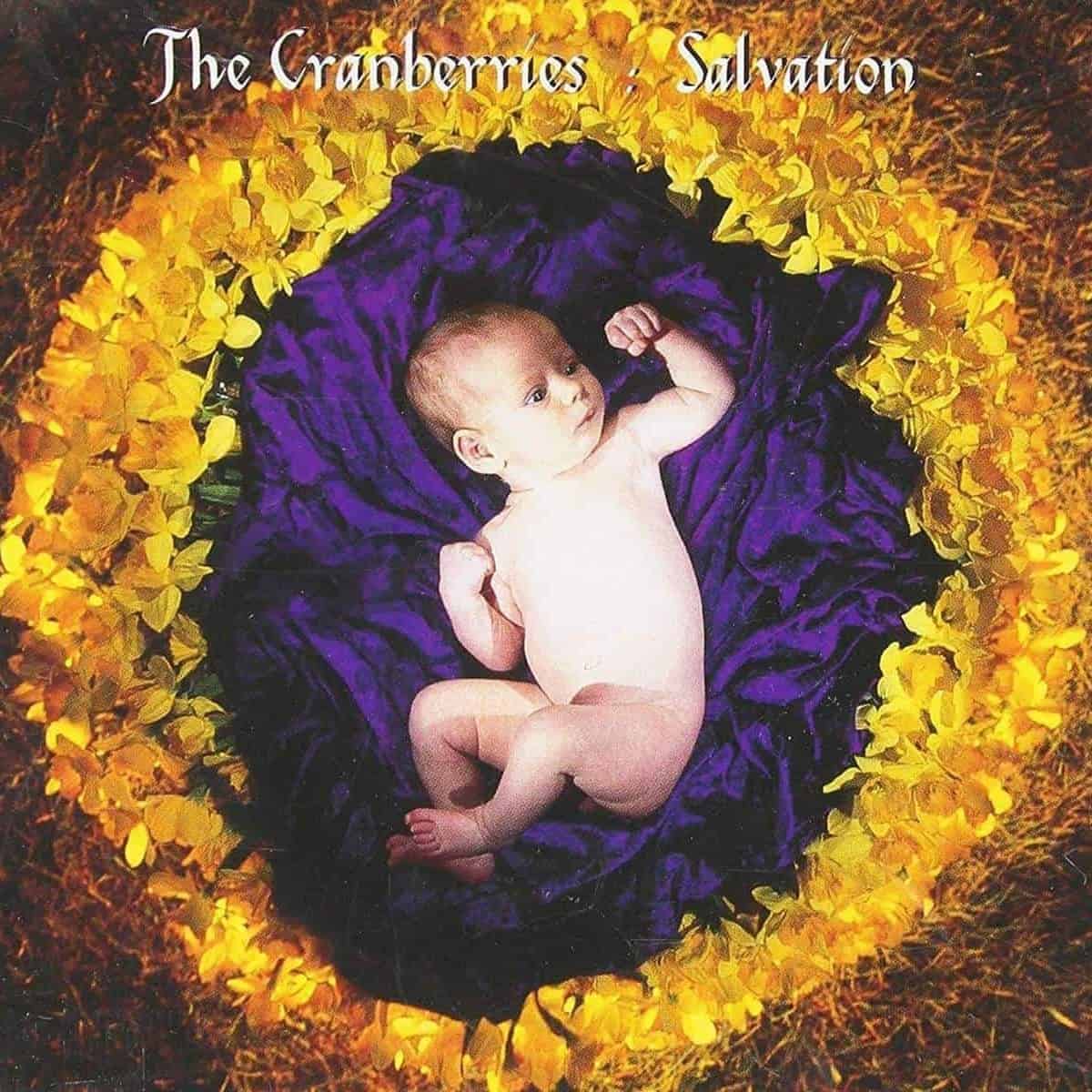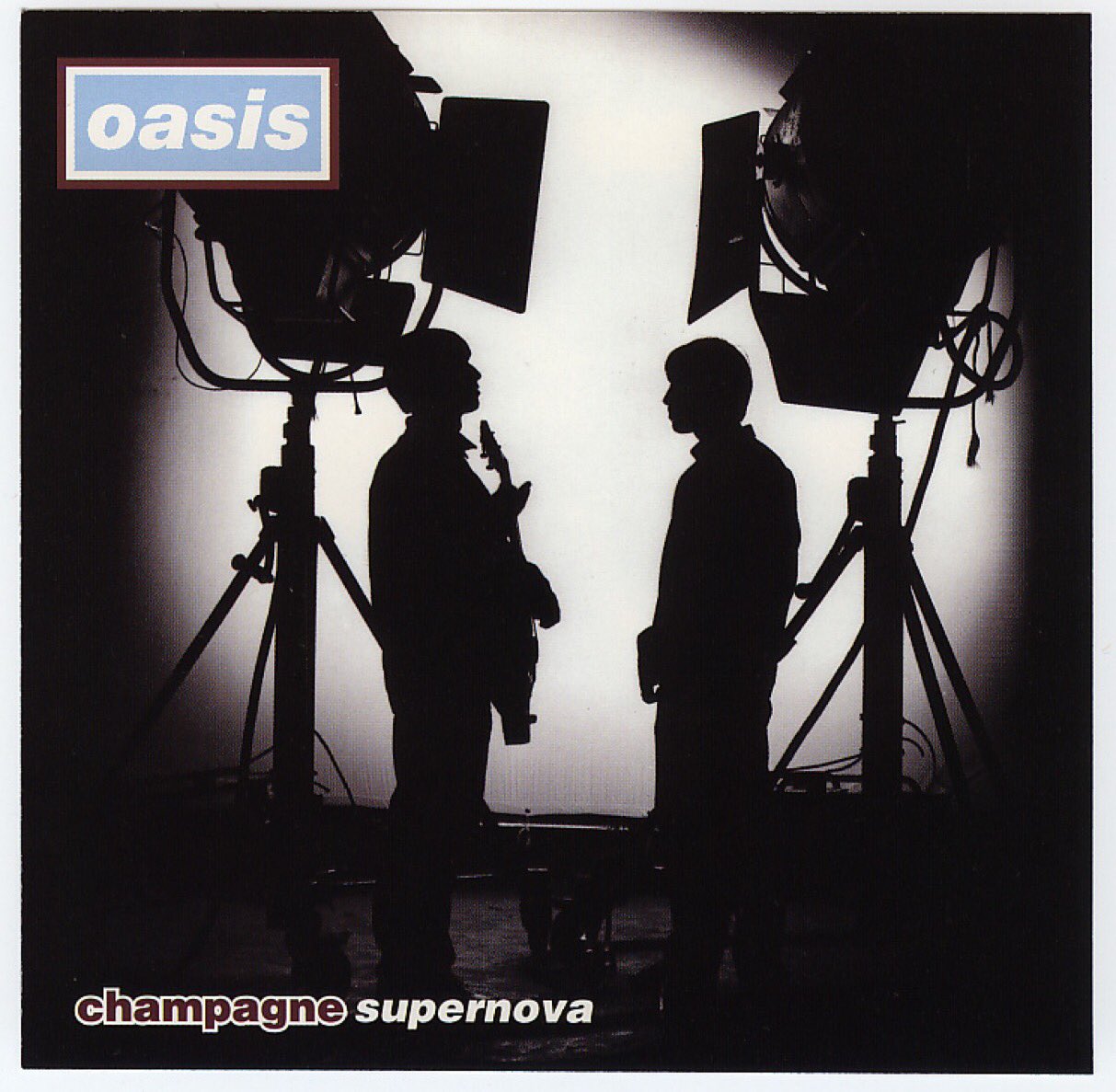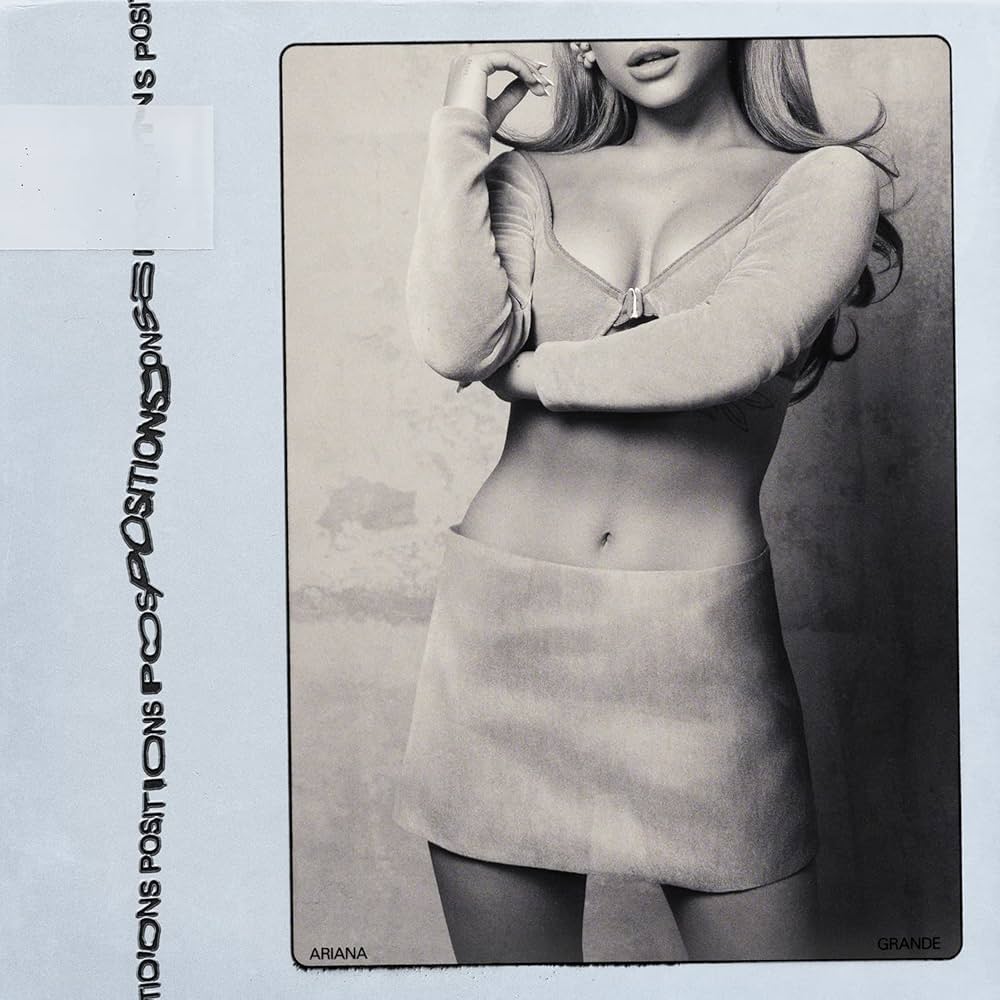In The Number Ones, I'm reviewing every single #1 single in the history of the Billboard Hot 100, starting with the chart's beginning, in 1958, and working my way up into the present.
The Miracles - "Love Machine (Part 1)"
HIT #1: March 6, 1976
STAYED AT #1: 1 week
Consider a scenario. Imagine that Gladys Knight, after going solo and leaving the Pips behind, never got back to #1 again. Now imagine that the Pips went on without Gladys Knight and that they did score a #1 hit of their own. Imagine, further, that this post-Gladys Pips smash was the group's biggest-selling single of all time, with or without Gladys. And imagine that it was a disco song about being a robot who loves to have sex. That is a ridiculous thing to imagine, and yet it's pretty much exactly what happened with the Miracles after Smokey Robinson left.
The Miracles were, of course, the longtime standard-bearers of Motown Records. The members of the group were still in high school when they met Berry Gordy in the late '50s, and Gordy pretty much founded Tamla Records, his pre-Motown label, so that he would be able to put out Miracles records. (Smokey Robinson was the one who told Gordy to start his own label.) The Miracles' 1960 single "Shop Around" was Motown's first real smash. (In a cosmic chart injustice, "Shop Around" peaked at #2, stuck behind Lawrence Welk's "Calcutta." "Shop Around" is, quite obviously, a 10.) Throughout the '60s, the Miracles -- eventually rechristened Smokey Robinson & The Miracles -- cranked out a series of classic singles. They also wrote hits for other Motown artists; the Temptations' "My Girl," for instance, came from Smokey Robinson and fellow Miracle Ronald White.
As early as 1969, Smokey Robinson was making plans to leave the Miracles -- to stop touring, to spend more time with his wife and kids, and to settle into his life as vice president of Motown. Those plans were put on hold when "The Tears Of A Clown," a song that Smokey and the Miracles had recorded in 1967, became an out-of-nowhere surprise hit late in 1970. "The Tears Of A Clown" would be the only #1 hit of Smokey Robinson's career, with or without the Miracles. And in 1972, Smokey really did leave the Miracles, though he made the transition as smooth as he possibly could. While hosting an episode of NBC's The Midnight Special that year, Robinson introduced his replacement: Billy Griffin, a 21-year-old singer from Baltimore who had long idolized Smokey Robinson and who was now the new leader of the Miracles.
With Smokey Robinson gone from the group, the Miracles somehow barely lost a step. Their next three singles all missed the top 40, but 1974's "Do It Baby" climbed all the way to #13. And then the Miracles put together City Of Angels, a 1975 concept album about a man who moves to Los Angeles to follow a stardom-aspiring woman and who, through a few twists of fate, becomes a star himself. Right in the middle of the album is "Love Machine," a seven-minute disco odyssey about life as a sex robot. (The idea, I think, is that the guy, once he's become a star, is doing a lot of fucking. It's a bit of a narrative stretch, but then, so is every song on every concept album ever made.)
New frontman Billy Griffin co-wrote "Love Machine" with the long-tenured Miracle Pete Moore. It is a transcendently silly song: "Electricity starts to flow / And my indicator starts to glow." At seven minutes, it's long enough that Motown split it up into two parts, putting them on both sides of the single. This was the right thing to do. Seven minutes of "Love Machine" was too much "Love Machine." But edited down to three minutes, it's a charming piece of nonsense.
The funniest thing about "Love Machine" -- funnier, even, than the sex-robot lyrics -- is the way the Miracles keep their old early-'60s vocal style, singing in cheery doo-wop harmony over a style of music that would've been unimaginable when the group started. Bobby Rogers adds raspy Fat Albert-ass hey hey hey ad-libs, but the lead vocals are still chipper and sugary, even though the music is pure disco cash-in. The song itself doesn't have too much structure, and it sure as hell doesn't have any casually devastating Smokey Robinson turns of phrase. Instead, it has stuff like this: "I think it's high time you knew / Whenever I think of you / My mind blows a fuse." Smokey Robinson was too graceful to ever refer to himself as "a hugging, kissing fiend." But the awkwardness of "Love Machine" is part of the charm.
The song also has a monster central hook, the kind of thing that will always be fun to sing along to: "I'm just a love machine / And I don't work for nobody but you." (The best part: The false modesty implied in the way they use the word "just.") The arrangement works well, too, with those perfectly timed horn-stabs and that deep kick-drum thump. The bassline is an absolute motherfucker, a nasty hard bump from the session musician Scott Edwards. Those things are enough to make it a functional disco jam, even if the vocals are weirdly anachronistic and the song loses its way during the verses. It's a stupid song, but it's the kind of stupid song that's very, very difficult to hate. In 1976, with disco ascendent, a dumb and fun and engaging sex-robot disco song could apparently become a huge hit, especially if it came from a legacy group like the Miracles.
"Love Machine" did not turn out to be the beginning of a Miracles renaissance. The same year they got to #1 without Smokey Robinson, the Miracles got into a contract dispute with Motown, and they ended up leaving the label for Columbia. They never charted again. As for Smokey Robinson, he did just fine as a solo artist, basically inventing the quiet storm subgenre and peaking at #2 with the buttery 1981 soft-soul reverie "Being With You." (It's a 7.) Robinson reunited with most of the original Miracles on the 1983 Motown 25 TV special. That same year, Billy Griffin went solo. He never charted. But he'll always have "Love Machine."
GRADE: 6/10
BONUS BEATS: Here's Cheech Marin singing "Love Machine" in the 1978 movie Up In Smoke:






